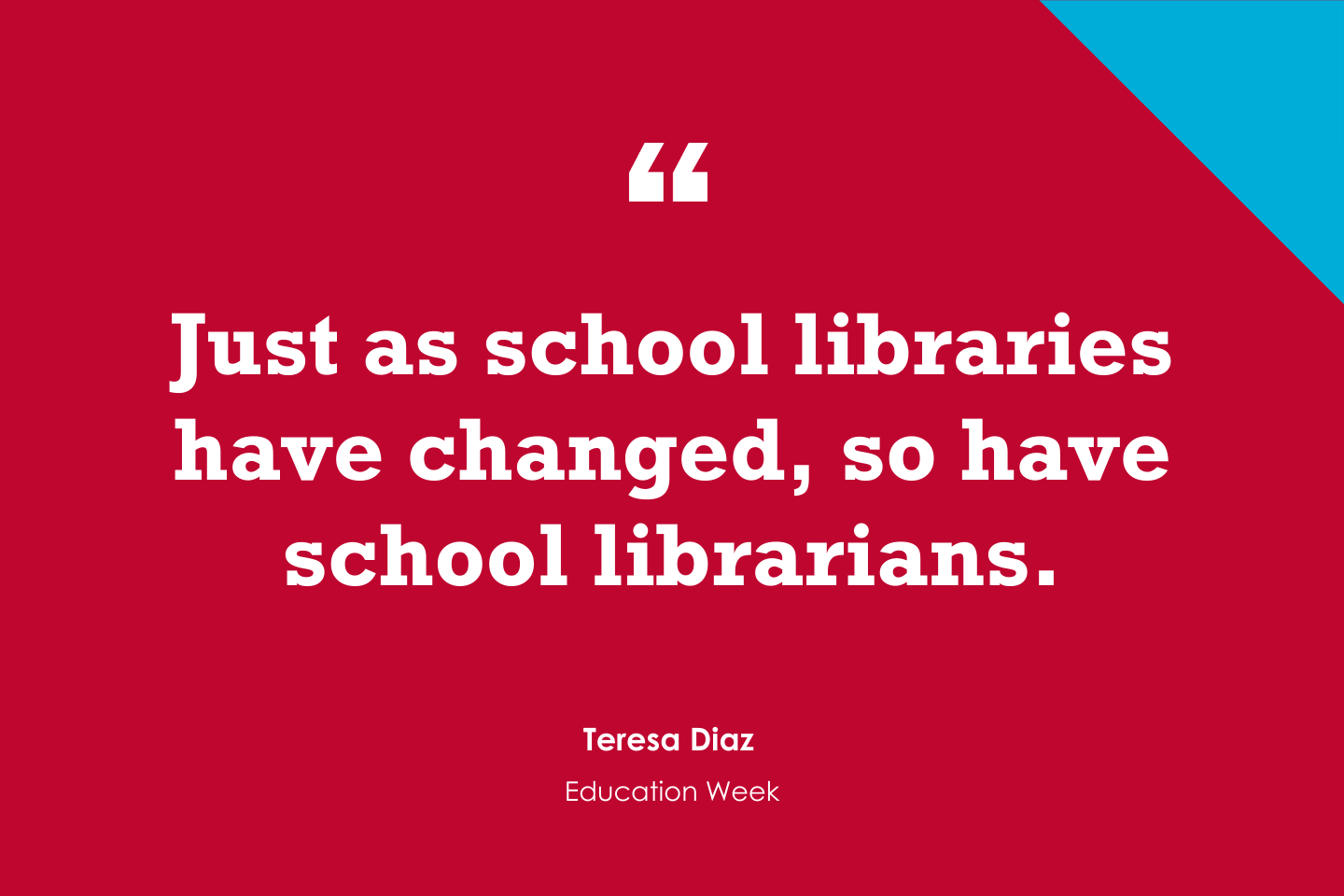
As common readers know, I’ve been doing the Classroom Q&A column over at Training Week for 13 years.
And I plan to proceed doing it for fairly a number of extra years.
I’ve so many contributors now, although, that there actually isn’t area there for my annual thematic compilation posts, the place I accumulate hyperlinks to all of the posts on explicit subjects.
So, I’m beginning to do it right here as an alternative.
At this time’s theme is on Skilled Collaboration:
Peer Observations Can Make Us Higher Academics. Right here’s How
Examine what colleagues do of their lecture rooms to learn to enhance your craft and uncover what to keep away from.
Increase the Energy of the Educating Crew by Enlisting Different Faculty Employees
Present respect to categorised workers members. Asking them to mentor college students goes a good distance towards that. Learn extra.
Everybody’s a Trainer in Colleges. Take Benefit of It
Secretaries, custodians—all workers members—can assist college students. Academics can be smart to deal with them as companions. Learn extra.
A Good Colleague Can Make or Break Any Trainer
On the coronary heart of studying for academics is the help, knowledge, and inspiration of colleagues—whether or not in 12 months I or throughout crises. Learn extra.
The Classes Educators Have Realized From Colleagues
Take dangers is likely one of the useful classes academics can study from their friends. Dangers in any case result in progress. Learn extra.
What the Trainer and Categorized-Employees Strike in Sacramento Means for the Nation
If college district leaders modified their mindset in regards to the idea of sharing energy, college students can be among the many beneficiaries. Learn extra.
* ‘Academics & Aides Have to Work as a Crew’
Three educators share recommendation on working with educational aides/paraprofessionals, together with having a “staff” mindset and demonstrating empathy.
* A ‘Communication, Motion, Reflection’ Cycle Makes a Trainer-Paraprofessional Relationship Work
Three educators share concepts on methods to make a teacher-paraprofessional relationship work, together with by fixed communication, planning, and reflection.
* Suggestions for Working With Classroom Aides
4 educators share tips about how academics and paraprofessionals can work successfully collectively, together with by sustaining common every day communication and offering professional-development alternatives.
* ‘Faculty Library Applications Ought to Be the Coronary heart of Faculty’
Rita Platt, Penny Sweeney, and Ann Neary present their ideas on collaboration concepts for academics and college librarians.
* ‘Simply as Faculty Libraries Have Modified, So Have Faculty Librarians’
Teresa Diaz, Bud Hunt, Marci Okay. Harvey, Jennifer Orr, and Jen Schwanke supply their recommendations about how academics and librarians can work greatest collectively.
* Methods to Assist ‘Scholar-Athletes Obtain Tutorial and Athletic Success’
Miray Seward, Stephanie Wormington, Chris Hulleman, Rob Weil, Rita Platt, Douglas Reeves, and Carol Salva contribute their concepts on sports activities coaches and academics working as groups.
* How Academics and Sports activities Coaches Can Assist Guarantee That ‘Everybody Wins’
Jill Henry, Jen Schwanke, Brian Preece, Pamela Broussard, and Amy Okimoto share their concepts on how academics and athletic coaches can successfully work collectively.
* The Finest Co-Educating Recommendation Is to ‘Be Resilient’
Elizabeth Stein, Jenny Vo, Becky Corr, Andrea Honigsfeld, and Maria Dove share their commentaries on efficient co-teaching preparations.
* Methods for Efficient Co-Educating Preparations
Tan Huynh, Abby Shink, Gloria Lodato Wilson, Joan Blednick, Heather Stinson, Dr. Catherine Beck, and Dr. Heidi Tempo discuss in regards to the “do’s and don’ts” of co-teaching.
* Methods to Be a Profitable Co-Trainer
Amber Chandler, Margaret Searle, Bradley Witzel, and Wendy W. Murawski wrap up a three-part sequence on how to achieve success co-teachers.